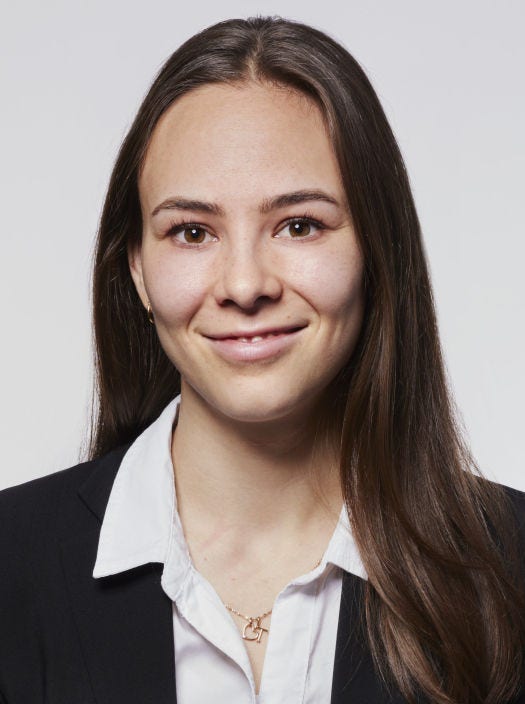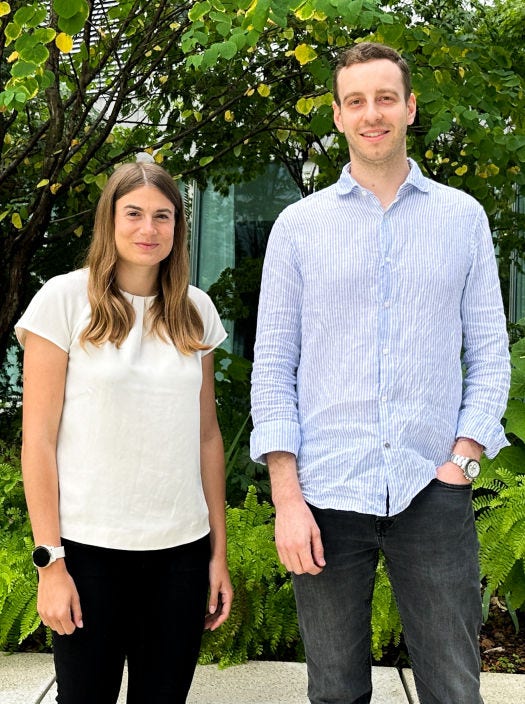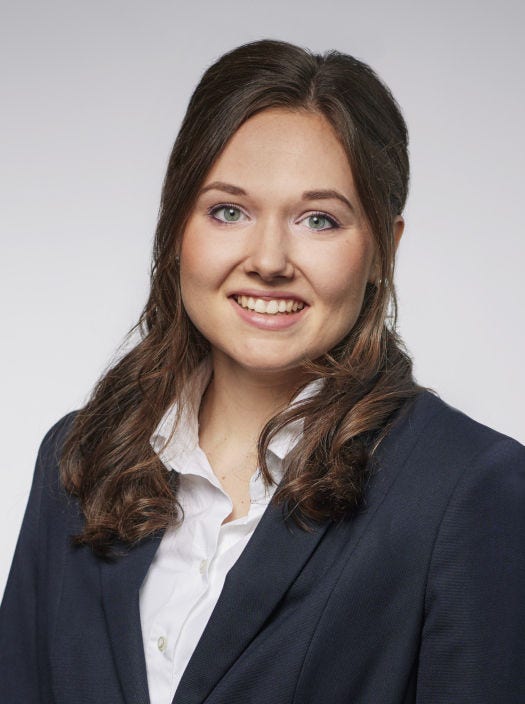I have always been interested in balance sheets, income statements and cash flow statements. Financial reports embody the “language of business,” as Warren Buffett put it, and that’s the language I wanted to learn.
During an audit, we assess the balance sheets, income statements and other reports generated by a given company. For example, we’ll check to see whether corporate accounts have been maintained in accordance with Swiss and international accounting standards.
In Accounting Advisory, I have the opportunity to develop solutions to accounting issues or assist clients in preparing their financial reports. I actively participate in customer projects and consult both national and international customers from various industries.
The merging of these aspects grants me a holistic picture, and I have been learning to assess a company’s financial state. My work is really varied, and this range not only corresponds to my original interests, but also broadens my horizons of experience and knowledge.



